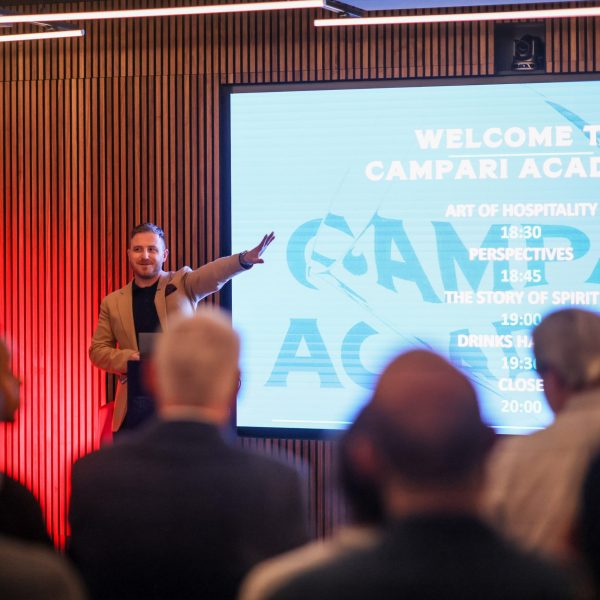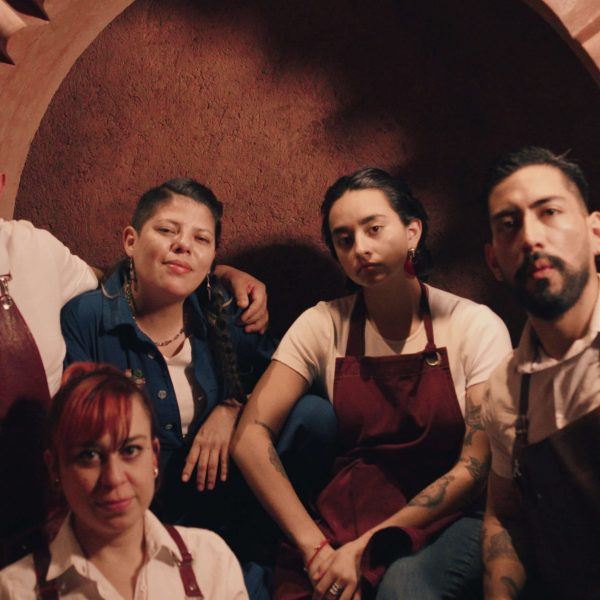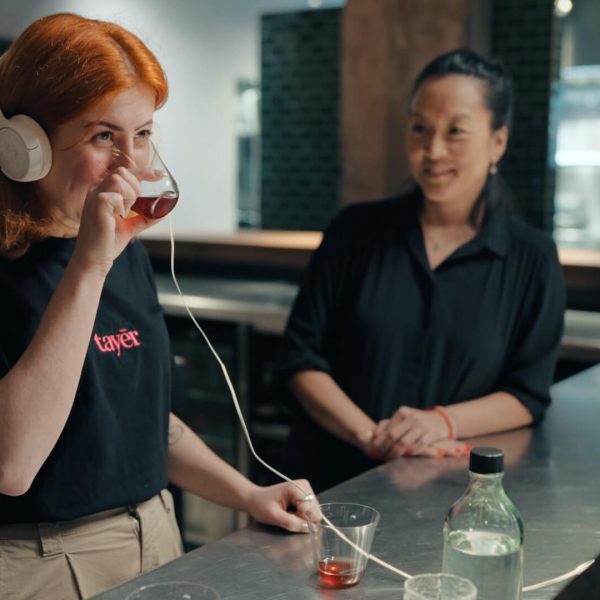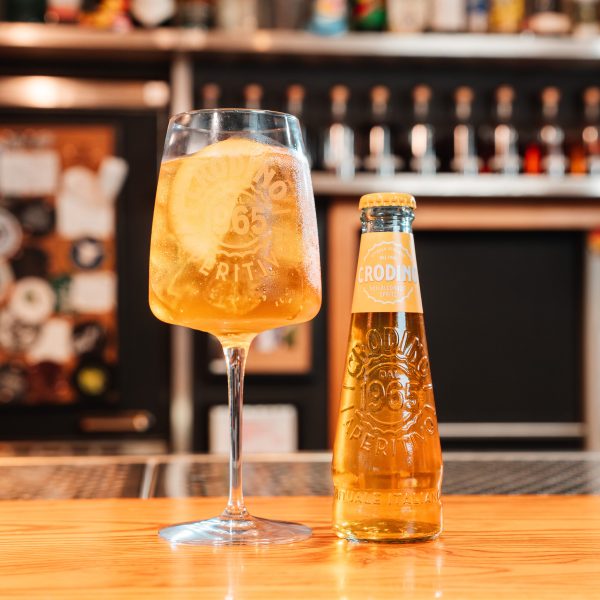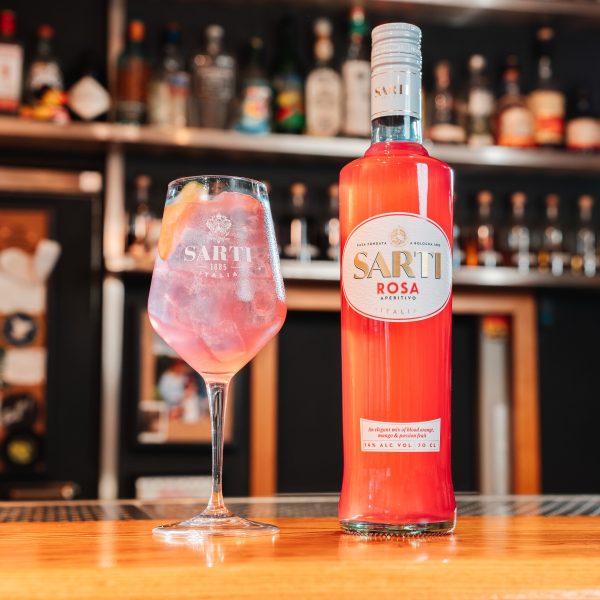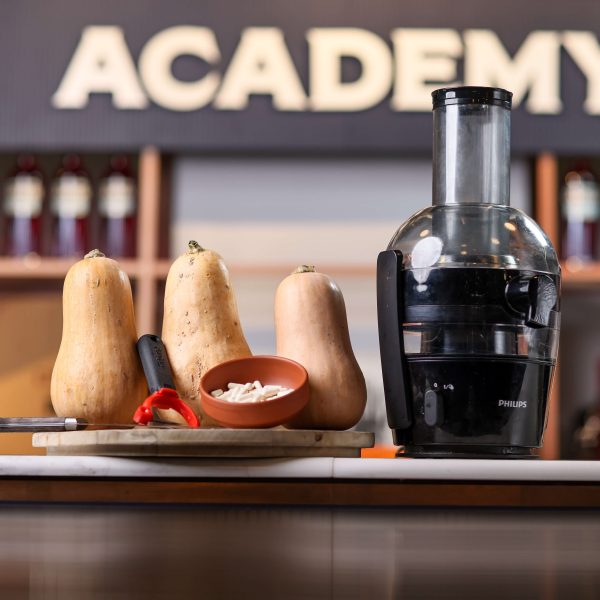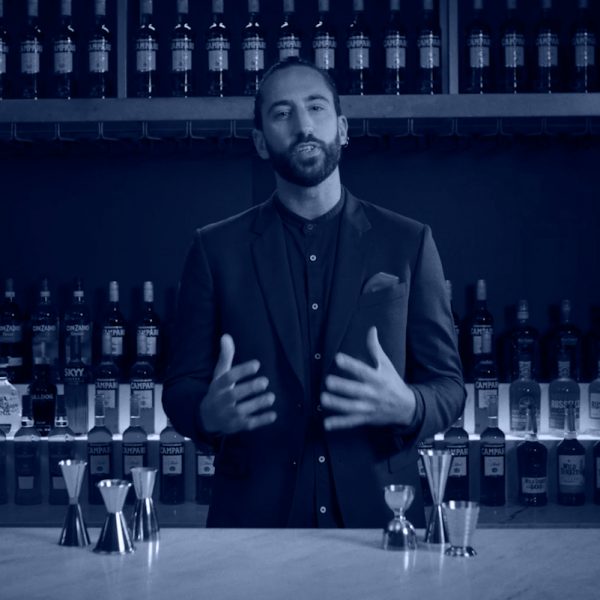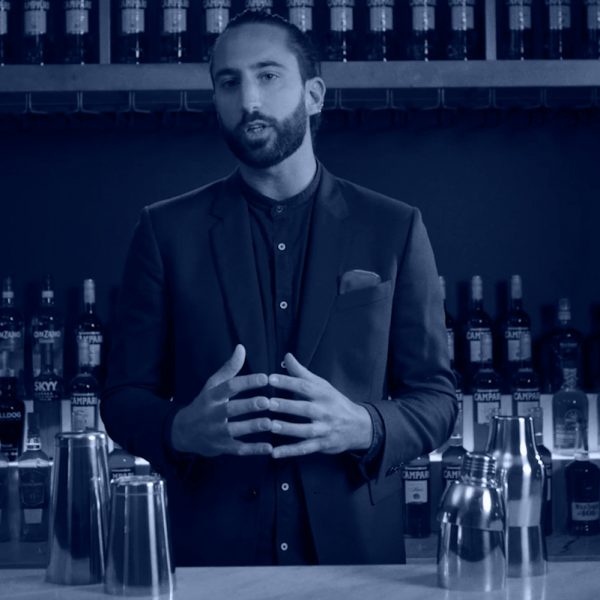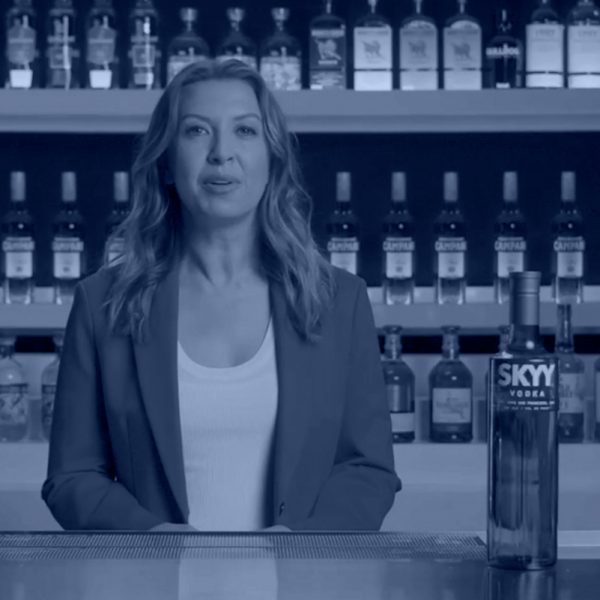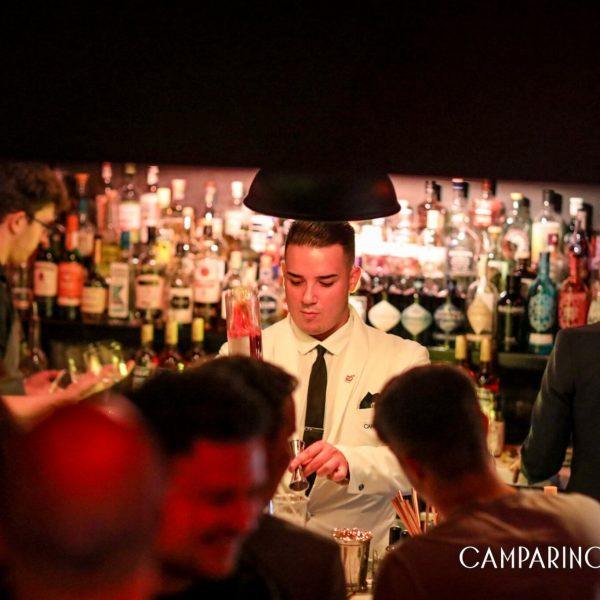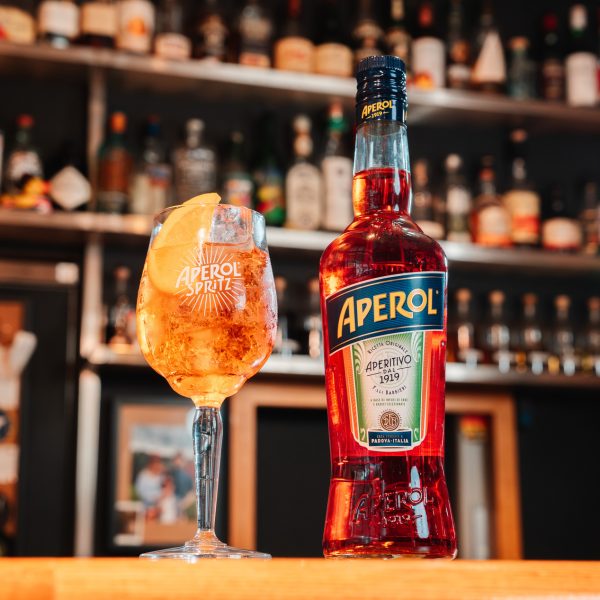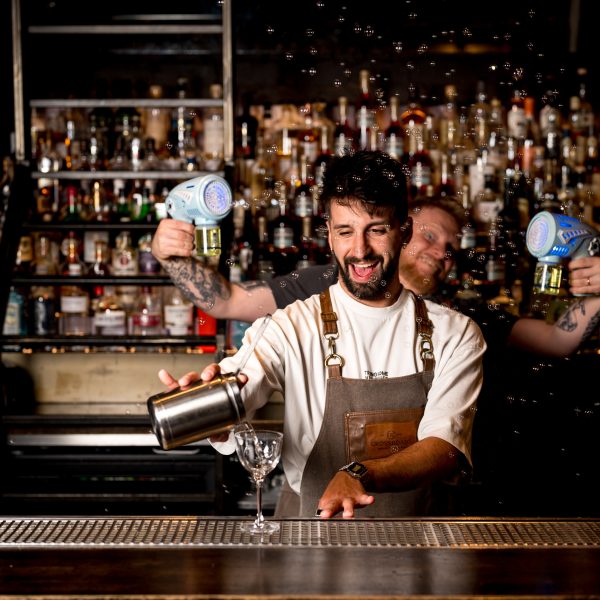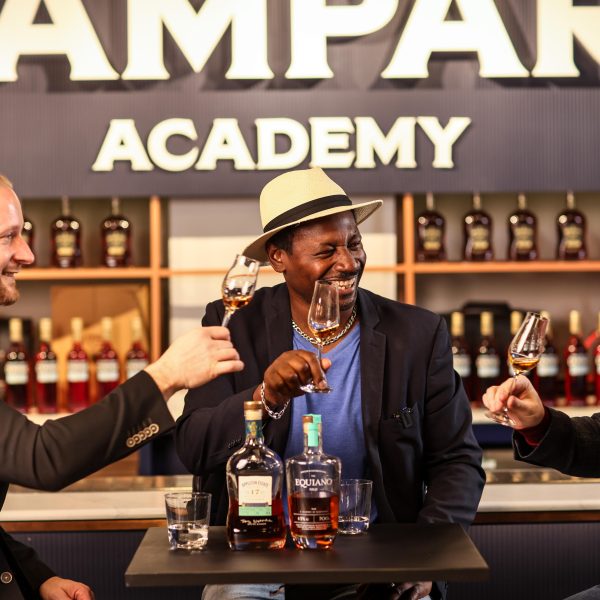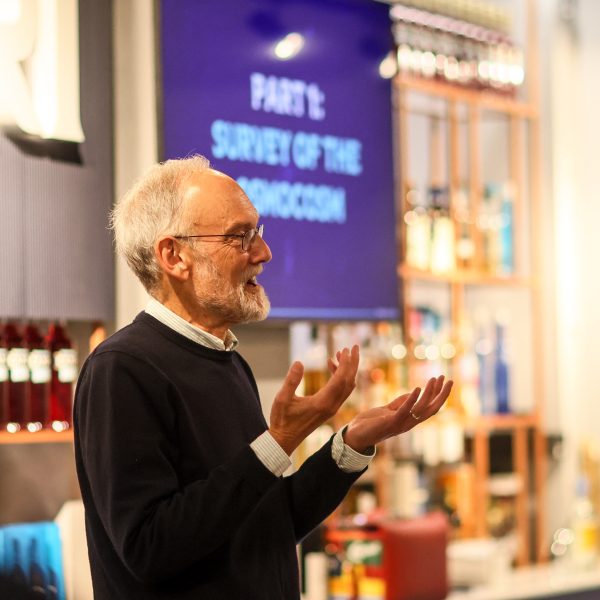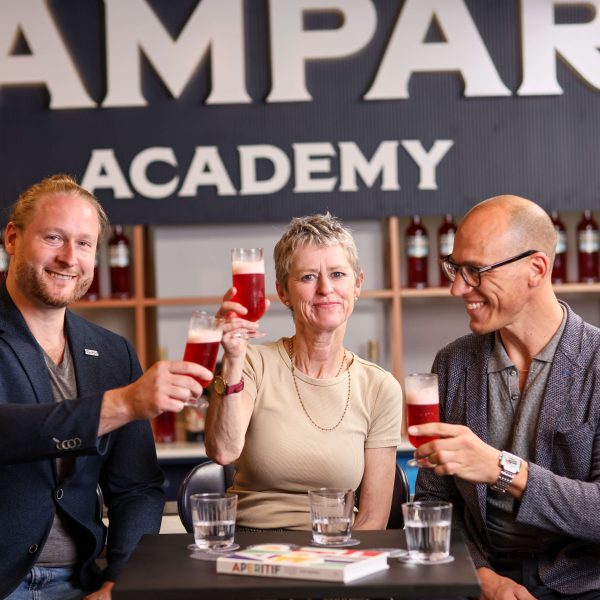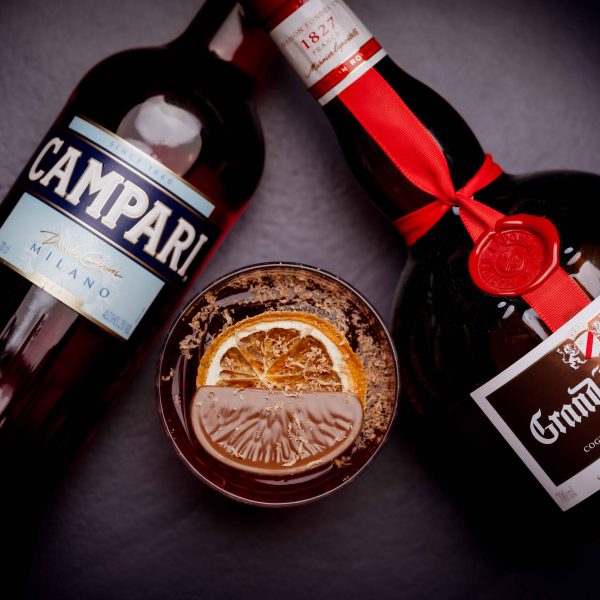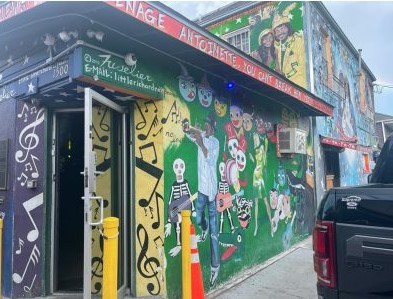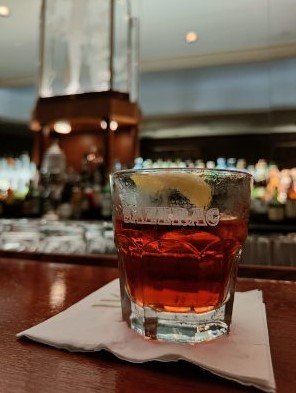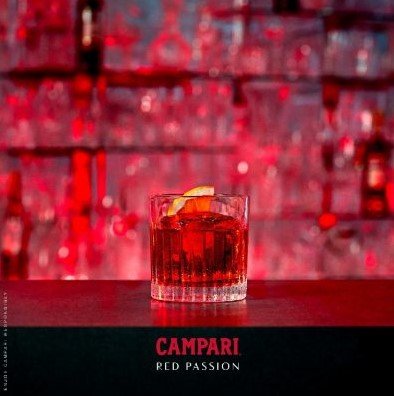Standing the Test of Time: Kirsten Holm and K-Bar

Despite being internationally renowned for its dining and gastronomy, Copenhagen might not be the first place to spring to mind when talking about the global bar scene. Nevertheless, Kirsten Holm managed to put Copenhagen, and perhaps the whole country of Denmark, on the mixology map twenty years ago: K-Bar opened in 2002, and has since established itself as the go-to place for quality drinks in town. Kirsten is today recognized as one of the local hospitality pioneers, and is featured in the first episode of Campari Academy’s Perspectives.
Culture is the key angle from which Kirsten looks at the scene. It hasn’t always been that easy, and still, there’s a fair amount of rooted challenges to face: “Scandinavians are not famous for hospitality, and there’s a huge cultural element to it. We don’t have a natural approach to openness, back in the ‘70s most Danes literally never went out. Now we are more cosmopolitan, but we like doing things that make us feel safe, comfortable. We also like simplicity, you can clearly understand it if you look at our design: straight, white, no fuss. K-Bar is traditional, but twisting towards a more evolved, European style. And I always enforce good behaviour, which is not common, because Danes are not used to going out, so they’re not always sophisticated…”.
Kirsten’s hospitality journey began quite early, and has been a major presence in her life: “I spent my whole adulthood in hospitality: I was studying film and television at Copenhagen University, and got a side job in a night club’s bar. I loved the rock and roll side of it. I was thrilled by the feeling that I would never spend two hours that would resemble each other: from opening to closing, I would do from A to Z, covering a whole existence in one shift. The possibilities of hospitality have no limits, and that’s what probably made me fall in love with it”.
Twenty years later, she’s still surfing the wave brilliantly, managing to keep up with changing times and guests. “I think it’s important to feel restless, in a positive way. If you feel too comfortable, it’s wrong. You have to be a result of time, trends and tendencies. I’m not fashion oriented, but I keep myself informed, influenced, I go to movies, I try to keep myself updated. In this way, changes will naturally come to the business. I remember when hipster movement started out: I never decided I would implement it in the bar, but I definitely absorbed it. It’s about feeling the small changes, the small things that integrate my vision”.
Needless to say, the whole hospitality community sees Kirsten as part of its backbone. If you want to really have a glimpse of what Copenhagen’s scene evolved into, K-Bar is the address to look for. “I don’t know if I have, or had any influence. But surrounding businesses ask me how I did that, staying open for twenty years. And I can point out a few reasons: I never pulled back, I always stuck to quality, and tried to keep myself and my team on our toes. This fair amount of experience allows me to be more confident now. For instance, if I suddenly go through a sales low, I know it can be coincidence, so I don’t panic. At the beginning I would lose my mind. And I realized nothing is more important that staying true to your DNA: it’s easy to divert, but identity is key”.
There’s no recipe, nor formula to sculpt the identity of a bar and make it clear. But a tiny idea that permeates the place and Kirsten’s belief: “That’s something I love to describe as K-Bar-ish: a new traditionalism. It’s taking care of the classic, both flavour wise and hospitality, but giving it a fresh vibe. I push for open-mindedness, to be open and positive, to encourage a mixed crowd. But I never lose sight of the basics, techniques and ideas you must know, regardless. It’s like giving a twist to tradition, and that makes the bar survive”.
Whilst there is a disparity between food and drink in Denmark ,with the scales famously weighing towards the former: Michelin star restaurants are not hard to find in the country, whilst high profile bars are much rarer. The reason for this is something to be addressed: “All chefs in Denmark are educated at school, with a proper trainee education, that’s why it’s booming. Bartenders are not granted the same programs, we are self-taught, and that makes it much more difficult. But I do think that gastronomical success keeps us to be better, to learn, hospitality wise as well: waiters in a Michelin star are literally perfect, and this makes us bartenders and bar hosts look up to them, to take the extra step”.
So, culture and education, two fundamental aspects that Kirsten took as both her inspiration and her mission. Two things that keep being essential in a world that still sees a woman running a bar as something unusual. “It has a lot to do with upbringing. My father was very conservative, but still, he always told me and my sister that we needed to be educated, warned us to be ready to work twice as much to fight idiots, and not to take it personally. He was right. It was really important to me to get respect, not to demonstrate or show off. It was a matter of making others understand what I had to say: I did my best, and I tried to do the right thing every single day”. What about the future? “I think it’s changing. Upbringing is changing, education is focusing on these problems and is pushing to face them. And the movements and trends are doing their job: the more we speak about it, the better”.
Carlo Carnevale


